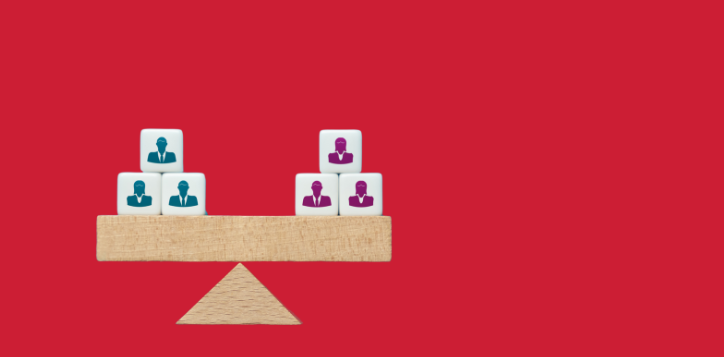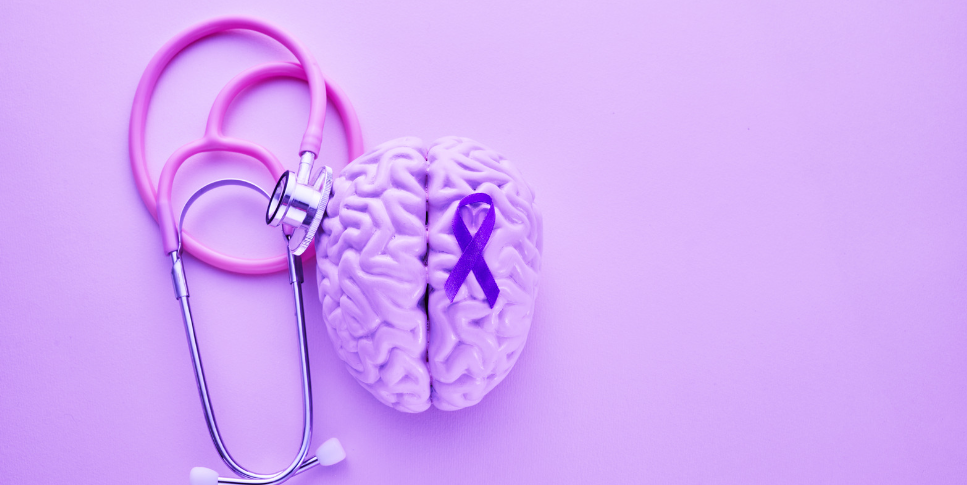The struggle against obesity has entered a crucial phase. With the rates of excessive weight and obesity rising to unparalleled heights around the globe, we must come together to address this worldwide health challenge. Data from the ObeCity Index from 2023 reveals that over 1.9 billion adults, constituting 39% of the global populace, now fall into the overweight or obese category. This concerning trajectory not only presents substantial health hazards but also imposes a considerable strain on healthcare infrastructures and economic systems not only in South Africa, but worldwide.
In South Africa, the figures are equally as troubling. A large percentage of men, women, and young children fall within the overweight or obese category. This emphasises and stresses the immediate need for decisive steps to tackle this significant healthcare issue. The impacts of excessive weight are not confined to personal well-being; but they also permeate through communities, households, and broader society.
The health repercussions of obesity are manifold and encompass a spectrum of conditions. These encompass cardiovascular ailments, type 2 diabetes, specific cancer types, and a range of mental health challenges. Some instances of mental health disorders linked with obesity include, yet are not confined to:
- Depression: The emotional and societal impacts of higher body weight, including negative perceptions, social exclusion, and diminished self-worth, may contribute to depression.
- Anxiety issues: Some individuals with higher body weights may experience increased levels of unease due to worries about appearance, societal judgments, and fitting in.
- Eating disorders: While not universal, there is a segment of individuals with higher body weights who face difficulties in their relationship with food, such as episodes of excessive eating or night-time eating patterns.
- Body dysmorphic disorder: People with higher body weights may grapple with troubling thoughts about their appearance and physique, potentially mirroring symptoms of body dysmorphic tendencies.
- Social disconnection and solitude: The negative societal attitudes towards obesity can trigger withdrawal from social interactions, leading to feelings of isolation and solitude. Lack of communal support and personal connections can worsen psychological challenges and perpetuate patterns of emotional eating and weight gain.

Furthermore, the financial implications linked with addressing health concerns associated with excessive weight are significant, placing an unsustainable strain on healthcare infrastructure and reducing overall efficiency.
Nonetheless, within these disheartening data points, there exists a glint of hope. The battle against increased body mass is not an insurmountable obstacle, and through collective action, we can bring about substantial transformation. An essential initial stride in this endeavour involves raising consciousness and propagating knowledge about the significance of embracing healthy lifestyle practices. Urging individuals to make well-informed decisions concerning their dietary habits, physical activity, and overall well-being is pivotal in curbing the rise of weight-related issues.
Moreover, securing entry to healthcare services stands as pivotal in tackling obesity. An indispensable asset accessible to individuals is the services proffered by MedicalAid.co.za. This platform serves as a valuable free resource for comparing medical aid schemes in South Africa, empowering individuals to opt for the optimal medical cover that resonates with their healthcare necessities and financial limitations. Engaging with such entities and championing for equitable and encompassing entry to healthcare guarantees that all individuals possess the essential backing to pursue healthier ways of life.

Bottom-up associations and initiatives originating from local communities play a crucial role in addressing the issue of obesity. By actively involving themselves in grassroots efforts and executing tailored approaches, we can efficiently address the specific hurdles and barriers preventing the adoption of healthy lifestyles across various demographic groups.
In summary, while the data might depict a concerning scenario, it also acts as a call to arms for proactive measures. The moment to participate in combating obesity is upon us. Let us unite in solidarity, empower individuals to adopt healthier behaviours, and advocate for policies that prioritise the well-being of the public. Together, we can construct a world that is healthier and more joyful now and for future generations.
Join us in the fight against obesity. Together, we can make a difference.





